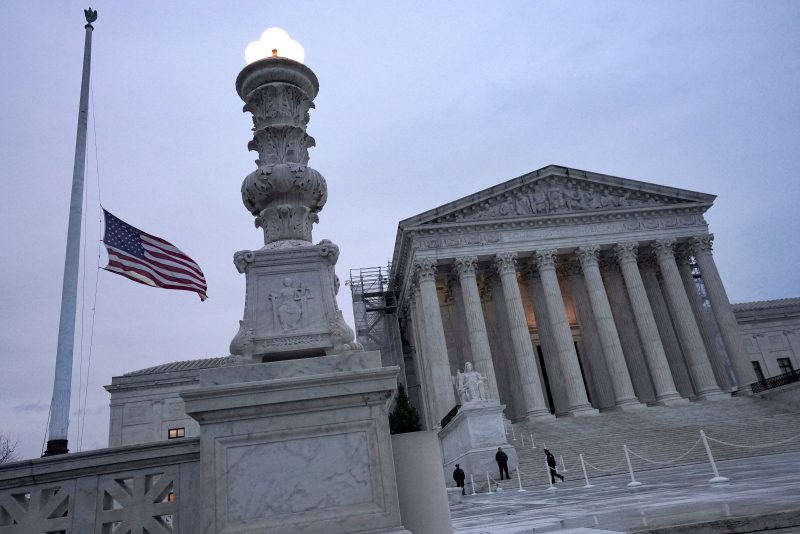


Ford Motor Company: Balancing Setbacks with Future Potential Ford Motor Company’s stock price recently tumbled with a significant 16.7% drop. However, as supply chain disruptions are being resolved, Ford is seeing an increase in sales, which comes with higher prices, bolstering
US Inflation News Today: Robust Growth in Q2 The U.S. economy expanded more rapidly than anticipated in the second quarter of 2024, driven by robust consumer spending and business investment. However, today’s inflation news shows eased pressure, leading the market to
EURAUD and EURNZD: EURAUD takes a step lower this morning During this morning’s Asian trading session, the EURAUD retreated to the 1.65250 level. During this morning’s Asian trading session, EURNZD climbed to a new weekly high of 1.84514. EURAUD chart analysis During this morning’s
